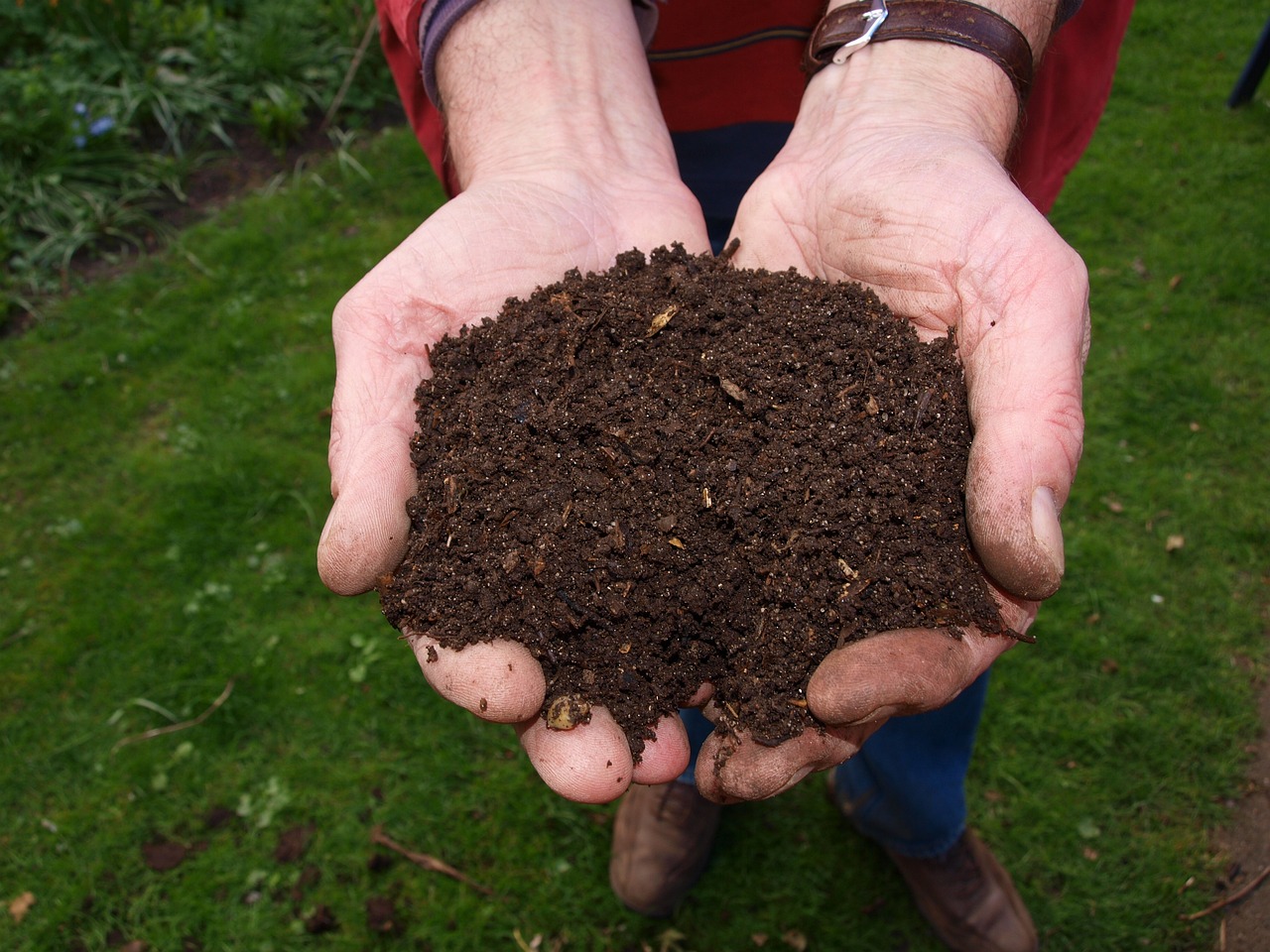As a gardener, you understand the importance of nurturing your soil to produce healthy and productive plants. The best way to achieve this is through the use of natural fertilizers and soil amendments. These are organic materials that enrich the soil, improve soil structure, and promote healthy plant growth. In this article, we explore the different types of natural fertilizers and soil amendments and their benefits for your garden.
- Compost
Compost is the most popular and widely used natural fertilizer and soil amendment. It consists of organic waste such as food scraps, grass clippings, and leaves which are broken down by bacteria and fungi into a nutrient-rich substance. Compost improves soil structure, increases microbial activity, and adds essential nutrients to the soil. It also helps retain moisture in the soil, reduces erosion, and suppresses the growth of weeds. You can make compost at home with a compost bin or purchase it from a trusted source.
- Manure
Manure is another excellent natural fertilizer and soil amendment that is rich in nitrogen, phosphorus, and potassium. It provides a slow-release source of nutrients that feed the soil and the plants. Manure improves soil structure, increases microbial activity, and helps retain moisture in the soil. However, it is essential to use well-aged manure to avoid burning the plants with excess nitrogen. Also, be careful when using manure from animals fed with antibiotics and hormones as it can harm your soil’s microbial populations.
- Bone Meal
Bone meal is a natural fertilizer and soil amendment made from finely ground animal bones. It is rich in phosphorus, which is essential for root development and overall plant growth. Bone meal is an excellent choice for perennial plants, shrubs, and trees that require a long-term source of nutrients. It also adds calcium to the soil, which helps neutralize acidic soils. However, it is essential to use bone meal sparingly as too much can harm your soil’s microbial populations.
- Seaweed
Seaweed is a natural fertilizer and soil amendment that is rich in micronutrients such as iron, zinc, and magnesium. It also contains hormones that promote plant growth and strengthen the plant’s resistance against pests and diseases. Seaweed improves soil structure, increases microbial activity, and helps retain moisture in the soil. It is especially beneficial for plants that grow in sandy soils with poor water retention. You can use fresh or dried seaweed as a mulch or add it to your compost pile.
- Wood Ash
Wood ash is a natural soil amendment that is rich in potassium, calcium, and magnesium. It helps raise the soil pH level, which is beneficial for plants that prefer alkaline soils such as tomatoes and peppers. Wood ash also helps deter slugs and snails from your garden and adds essential nutrients to the soil. You can use wood ash sparingly as too much can harm your soil’s microbial populations and make the soil too alkaline.
Natural fertilizers and soil amendments are essential for a thriving garden. They not only add essential nutrients to the soil but also improve soil structure, increase microbial activity, and help retain moisture in the soil. By using natural fertilizers and soil amendments, you support organic farming practices, promote sustainability, and protect the environment. So, start experimenting with these natural alternatives and watch your garden thrive.
The Author:
Pioneerthinking.com – Ingredients for a Simple Life.
Photo. Jokevanderleij8
